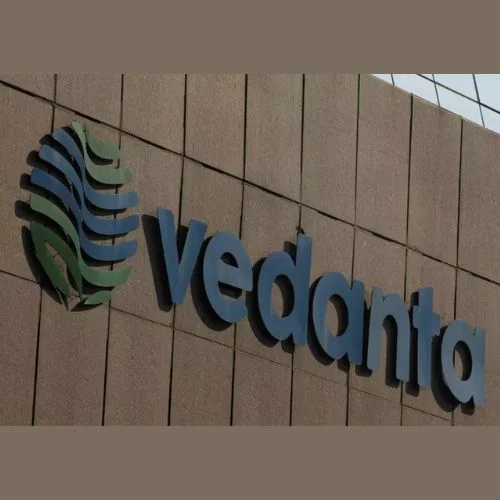According to a report by Avendus Capital, India’s data centers are predicted to take the lead in the upcoming wave of real estate investments by expanding at a CAGR of around 40% to reach a capacity of about 1,700 MW by 2025, supported by investments totalling $5 billion.
From 540 MW of installed capacity in 2019 to over 800 MW in 2022, the Indian data centre market has increased by 48% over the past three years. In order to address a pipeline of over 3,000 MW, developers will need to spend $23 billion on capital expenditures over the next 10 years, or 300 MW annually.
Avendus Capital predicts that the exponential rise in data storage and consumption, the push for data localization by the government, and the demand for high bandwidth following the rollout of 5G will all be major factors in the next leg of growth.
“We have a lot of confidence in the market for data centres as a potential growth area. According to Prateek Jhawar, MD and Head, of Infrastructure & Real Assets Investment Banking, Avendus Capital, international investors are most likely to partner with domestic players because of their access to land banks, capacity to obtain regulatory approvals, and skills in civil, mechanical, and electrical fit-out.
He anticipates that real estate investors and developers will consider the possibility of turning their existing portfolios into real estate investment trusts (REITs), which would produce a perpetual yield income similar to that of their international counterparts.
The capacity of data centres in India’s top seven cities—Mumbai, Chennai, Hyderabad, Kolkata, and Delhi—amounts to almost 92% of the country’s total. Given the inherent advantage of a sophisticated, dense, wet cable ecosystem giving the best global latencies, Mumbai and Chennai are winning the competition.
The infrastructure and real assets investment banking division vice president at Avendus Capital, Vaibhav Garg, claims that the data centre sector is significantly underserved by hyper-scalers and enterprise customers. The industry’s return profile is anticipated to gradually change in favour of real estate in the commercial, industrial, and other sectors.
“Given that hyper-scale developers already have IRRs of 30% or higher, there is potential for compression. Growth capital, buyout, private equity, real estate, and infrastructure investors are just a few of the types of investors expected to pay attention to the industry, according to Garg.
With new markets being developed and campuses quickly expanding in important cities like Mumbai and Chennai, investors and developers from around the world are actively looking to invest in the developing Indian data centre market. This market provides potential growth opportunities.
Data consumption is anticipated to rise, leading to proportional growth in data centres as a result of the boom in over-the-top (OTT) video streaming, online gaming, augmented reality, and digital commerce driven by 5G.
The data localization standards and the government’s recently announced new data centre strategy, both aimed at streamlining the regulations, are blamed for the increased preference for India among large global data centre operators. The new data centre policy is also anticipated to deliver the infrastructure and approvals required in a timely manner.
Major international corporations like Google, Microsoft, and Amazon have already begun constructing their hyper-scale data centres in India.















